Are you attracting the wrong partners?
How to Avoid Toxic Relationships
Try these five tips when you are choosing friends and mates.
By Dr. Elinor Greenberg
Many of us have had the experience of letting someone get close to us and then later regretting it. In this article we help you with Ways To Avoid Toxic Relationships and Find Meaningful Ones
Toxic relationships can take many forms.
We may have thought that someone was our best friend until she started making fun of us behind our backs. Or, we may have idealized our handsome new lover without really noticing that he gets drunk every night, flirts with other women and gets irritated when we complain. Some of us spend years in unhealthy relationships that make us very unhappy.
One approach to avoiding these toxic relationships is to learn how to quickly recognize psychological disorders that come with a lot of relationship baggage.
Unfortunately, very few of us are trained to diagnose other people. However, we are very well equipped to notice other people’s impact on us. All it takes is for us to trust our gut reactions and pay close attention to how we actually feel when we are with new people. Below are some tips that can help you assess whether your new friend or lover is likely to be toxic for you.
NOTE: I am using the word “Toxic” in this post as shorthand for all those things that we are exposed to in relationships that diminish our self-confidence and our physical and mental well-being.
5 Ways To Avoid Toxic Relationships and Find Meaningful Ones
Tip 1: How do you feel when you are with them?
This is the easiest way to tell if people are healthy or unhealthy for you. If being with them leads to you feeling inadequate, boring, discouraged, ugly, stupid, ashamed, or otherwise bad about yourself, they are likely to be toxic for you.
If, however, whenever you are with them you are so entertained and stimulated by your interaction that you forget to be self-conscious and you are comfortable and relaxed, they are likely to be healthy for you.
Example: Bob and Sara
Bob was a Narcissistic know-it-all who was always lecturing those around him about how to behave and what he thought that they were doing wrong. When he started dating Sara, she was an emotionally open and confident young woman. After a few dinner dates with Bob, Sara realized that her confidence was sinking and she had become defensive and uneasy in Bob’s company. His scrutiny of her behavior and his criticisms were making her very self-conscious.
Sara wondered: Did I always use the wrong fork for fish at dinner? Should I have left my napkin on my chair or on the table when I got up to go to the bathroom?
Sara eventually realized that she did not really care whether she or Bob was right or wrong about silverware or napkins. What mattered is that she felt very uneasy in his company and did not want to spend another minute being scrutinized by him.
Tip 2: Are you your best self when you are in their company?
Some people bring out our best selves. When we are with them, we act wisely and kindly and say and do interesting things. We feel smart, interesting, and capable.
Other people lead us into trouble by evoking the less pleasant aspects of our personality. It may be as simple as engaging in nasty gossip or as dangerous as encouraging us to shoot heroin. Many people have found themselves drawn into destructive and criminal acts by so-called “friends” that they normally would have avoided. There is a reason we are warned: Beware of the company you keep.
Tip 3: When you leave, do you feel better, worse, or the same as before?
This may vary a bit if you are extraverted or introverted by nature, but in general, there are some people who give more than they take and others who will leave you drained and in pain.
Energy Vampires:
These are the people who suck the life out of you. When you leave their company, you feel drained and exhausted. Other people give back at least as much energy as they take. Obviously, if you repeatedly feel as if you are sucked dry after spending time with them, they are not healthy for you.
Put-Down Artists:
These are the people who make jokes at your expense or subtly devalue you. After you spend time with them, you always feel worse about yourself.
Enliveners:
They stimulate you. After you leave, you feel energized and better than before you were with them.
Obviously it is healthier for you to spend time with “Enliveners” than with “Energy Vampires” and “Put Down Artists.”
If you interact with someone and you leave the interaction feeling pretty similar to how you were before it, this person can be thought of as fairly neutral where your mental health is concerned.
Tip 4: Do you feel more creative and inspired after being in their company?
Muses: All of us have a creative side. Some people are very gifted in inspiring other people to think in a new way or come up with a new project. If you feel more creative and inspired after being with certain people, they are healthy for you.
Tip 5: Do you do physically and mentally healthy activities together?
There are some people who are good influences on us. In its simplest form, we find ourselves eating better, exercising more, and having mentally stimulating conversations when we are in their company. These are the friends who encourage us to sign up with them to study that new language we always wanted to learn, or take up tap dancing, meditation, or Tai Chi.
Example: Jessie and Joanna
Jessie tended to be a bit of a couch potato by nature. She knew she should get out more and exercise more and all the other healthy “mores.” But…it wasn’t until she met Joanna that she actually began doing any of those things. Joanna invited Jessie to go hiking with her, take Salsa dancing lessons, and eat out at healthy restaurants. Jessie discovered that she actually liked being active and having something to do on weekends that did not involve binge-watching her favorite television show. Joanna enjoyed Jessie’s company and had a good time introducing her to new activities that they could do together.
There are other people whose idea of an exciting social evening includes drinking, drugging, and eating till they pass out after having unprotected sex with strangers. Obviously they are on a self-destructive path, bent on wrecking their own health, and are happy to wreck yours as well.
Punchline: If you pay attention to how you feel when you are with specific people, what types of activities you do together, and how you feel later; you will be able to discern which friends or lovers are healthy for you and which should be avoided.
Adapted from a Quora.com post of June 21, 2018 “How can I discern people who are healthy or unhealthy for me?”
Do you want to stay away from people who are toxic in relationships? Do you want to avoid toxic relationships? Then start by refusing to settle for anything that is less than what you deserve. Start by getting rid of your fear of being alone. Remind yourself you are a strong person worthy of love and respect in a romantic relationship.
Written by Elinor Greenberg, Ph.D.
Originally appeared in Psychology Today
You may also like:
- 6 Steps To Turn A Toxic Relationship Into A Healthy One
- How To Prevent A Toxic Relationship From Ruining Your Life
- Warning Signs of a Toxic Relationship – Red Flags that You Shouldn’t Ignore
- 6 Early Red Flags of a Toxic Relationship
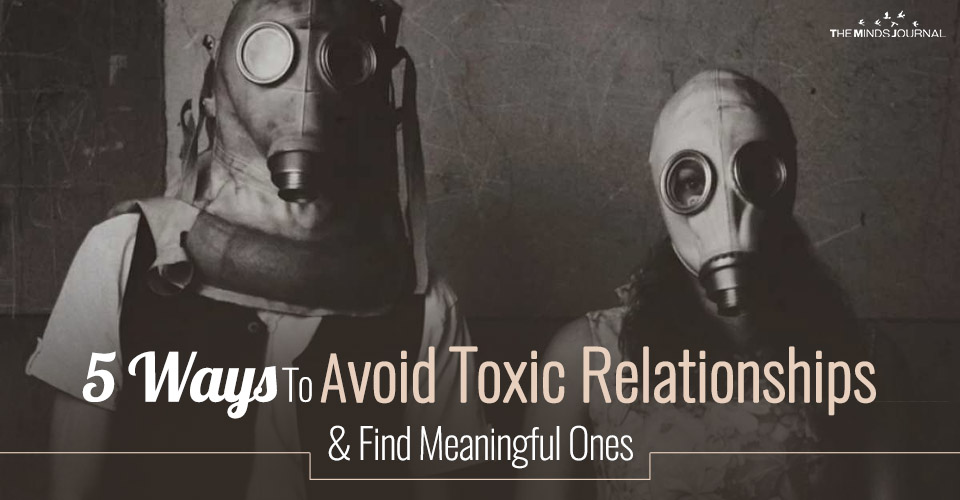
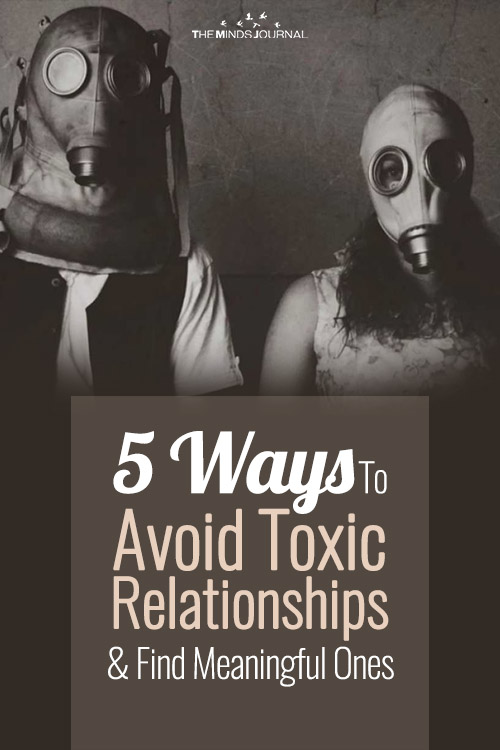

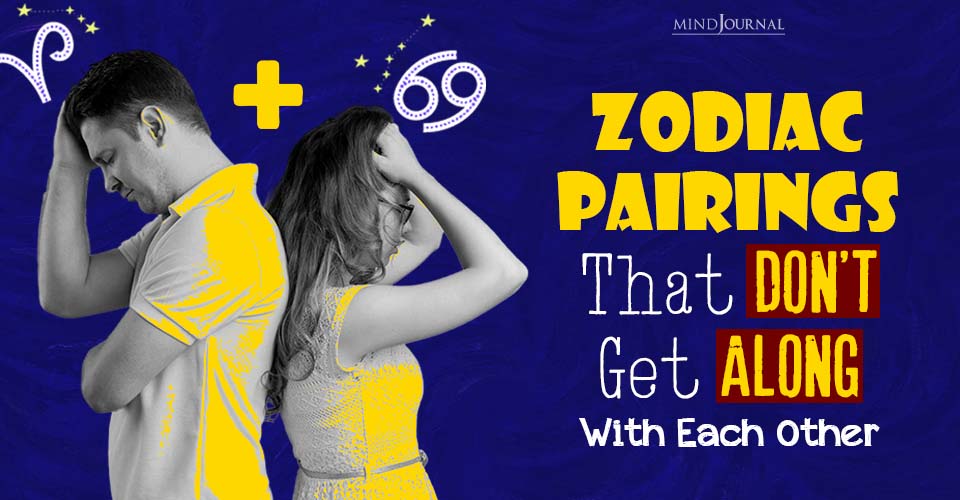
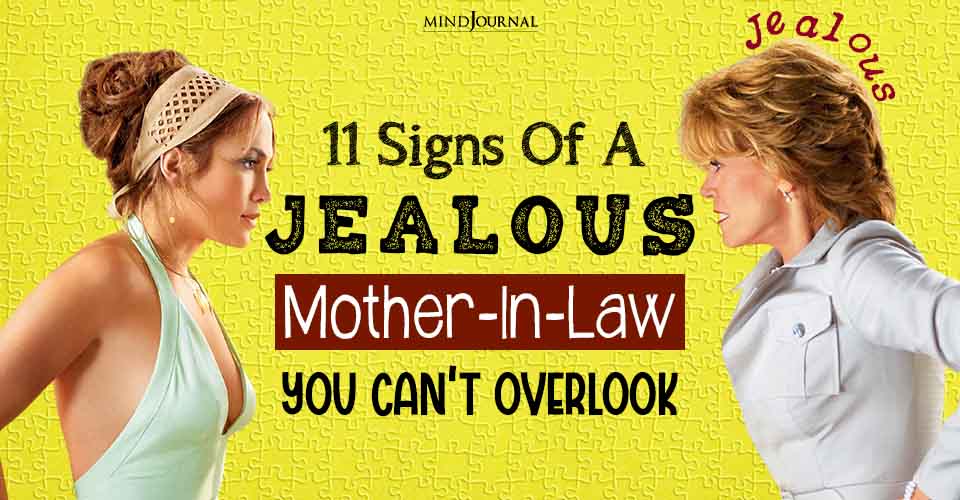



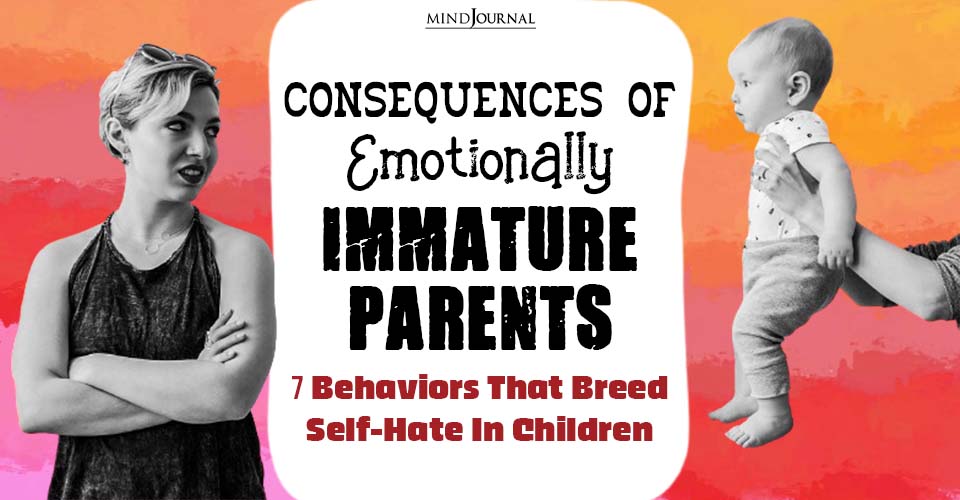
Leave a Reply
You must be logged in to post a comment.